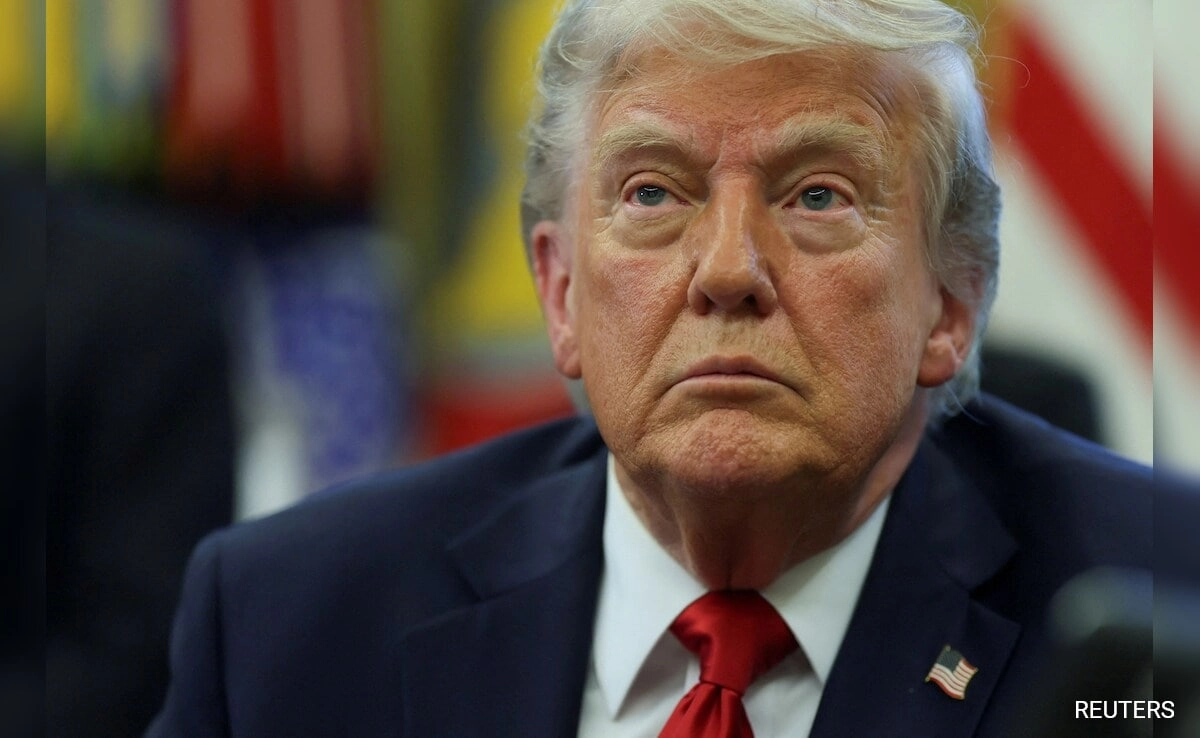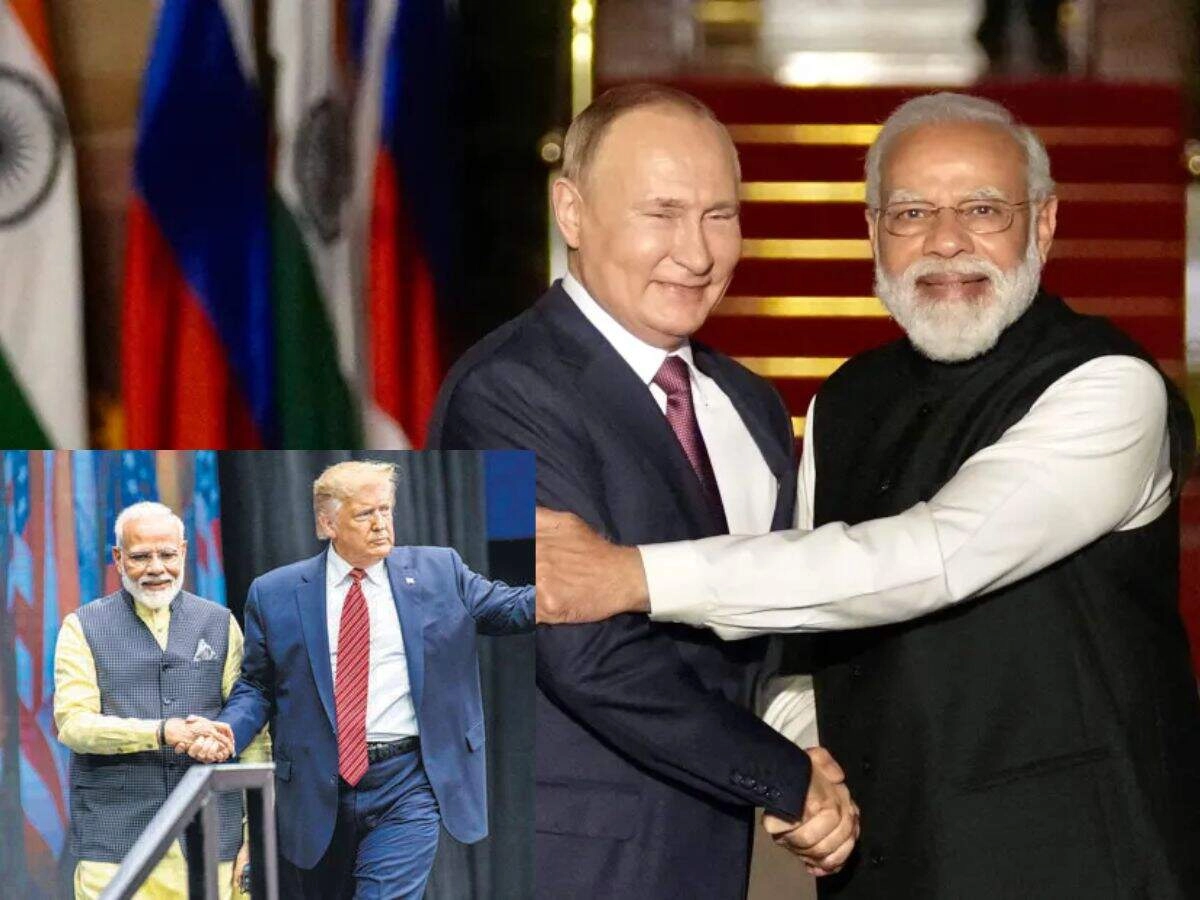The recent defense pact between Saudi Arabia and Pakistan has drawn considerable attention, yet its implications extend beyond the two nations involved. While the agreement may appear to be a bilateral arrangement focused on enhancing military cooperation, it serves a broader strategic purpose that reflects the geopolitical dynamics of the Middle East and South Asia. This pact is not merely about strengthening defense capabilities for Saudi Arabia and Pakistan; rather, it signals an alignment of interests that points toward a collective response to regional threats, particularly those posed by Iran and the shifting influence of global powers in the region.
At its core, the Saudi-Pakistan defense agreement underscores a growing partnership that aims to counterbalance Iranian influence in the Middle East. Both countries have shared concerns regarding Iran’s ambitions, which are perceived as a destabilizing factor in the region. By forging a closer military relationship, Saudi Arabia and Pakistan are not only enhancing their own security but also signaling to Iran and other regional actors that they are prepared to stand united against perceived aggression. This alignment may also serve as a call to other nations in the region, urging them to reconsider their positions and alliances in the face of an increasingly assertive Iran.
Moreover, the defense pact can be seen as a response to the evolving geopolitical landscape, where traditional alliances are being tested and new partnerships are emerging. The United States’ gradual withdrawal from its role as the dominant power in the region has opened the door for other nations, including China and Russia, to increase their influence. By collaborating more closely, Saudi Arabia and Pakistan are seeking to assert their own roles in this new order, positioning themselves as key players who can influence stability in the region. The pact may also attract the attention of other nations looking to bolster their own military capabilities or forge strategic alliances, thereby expanding the implications of this agreement beyond the immediate context of Saudi Arabia and Pakistan.
Ultimately, the Saudi-Pakistan defense pact is emblematic of a more complex web of relationships that transcends the boundaries of its signatories. As both nations navigate the challenges posed by regional adversaries and global power shifts, the implications of their partnership will likely resonate far beyond their borders. As such, this agreement should be viewed not just as a tactical maneuver for the two countries, but as a signal of a larger strategic realignment that could redefine alliances and power dynamics across the region, influencing the stability and security of the Middle East and South Asia for years to come.




